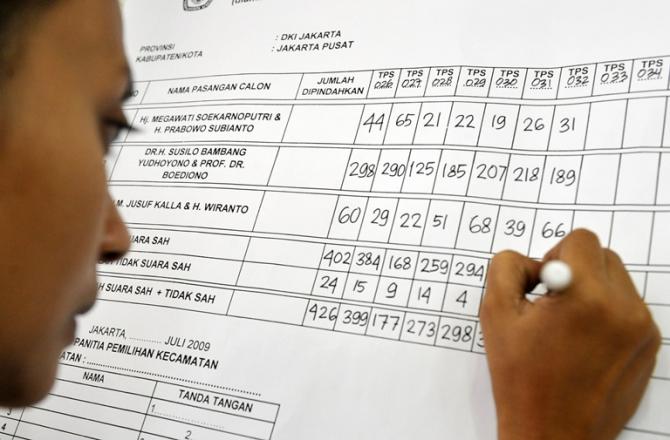
Last but not least, people power is still theoretical rather than a reality. Political parties participating in elections and appointed government officials are not accountable to the people. Furthermore, the people have not had proper access to demand accountability and public political participation is still extremely limited. Notably high participation in elections is a prerequisite, but that alone will not suffice. An electoral system should also ensure as much access as possible for voters to influence political parties and elected officials after elections, and also reward those who fulfill their campaign promises by re-electing them and punishing those who do not.
Once every five years may not be adequate for this. Voters need access and opportunity to appraise political parties and government officials and demand accountability, and either reward or punish them. Among other things, this is what Indonesians are lacking.
Ramlan Surbakti is a professor of political science at the School of Social and Political Sciences at Airlangga University in Surabaya.







 resized.png)
